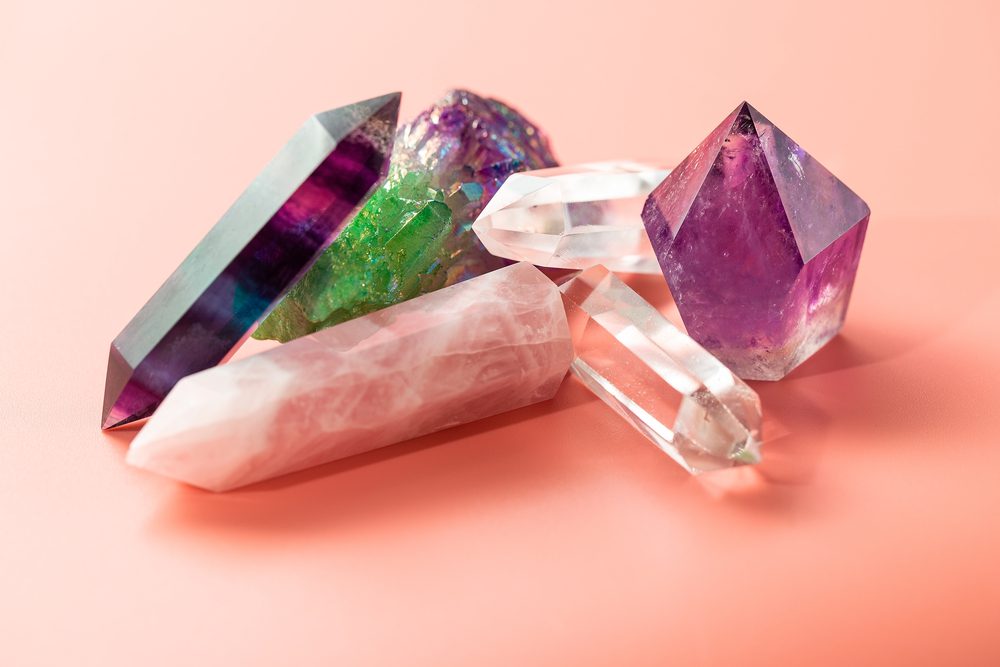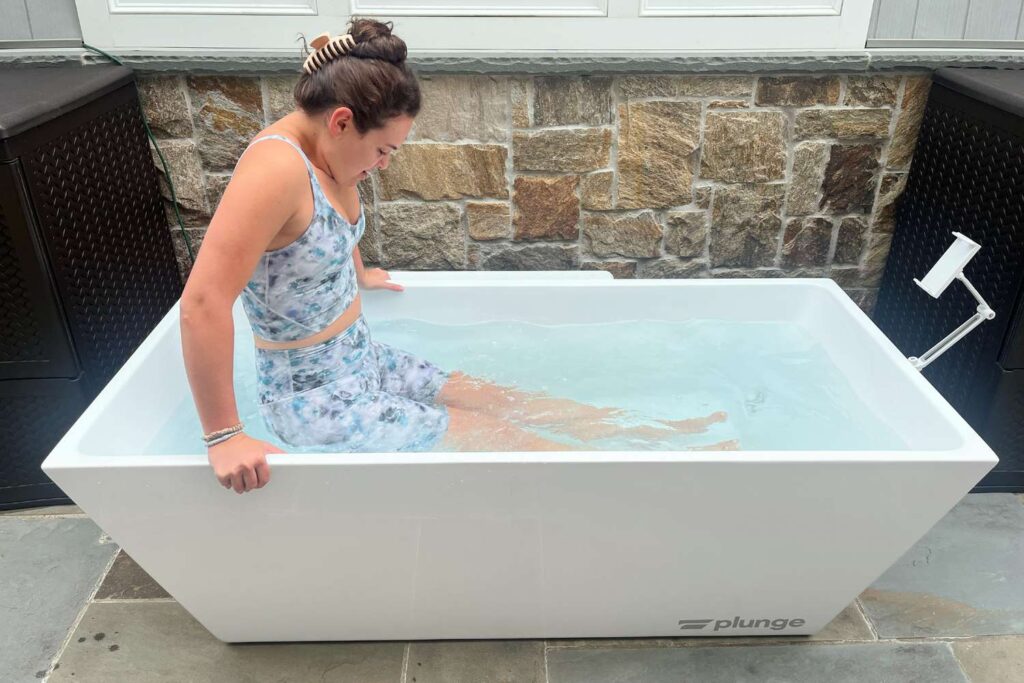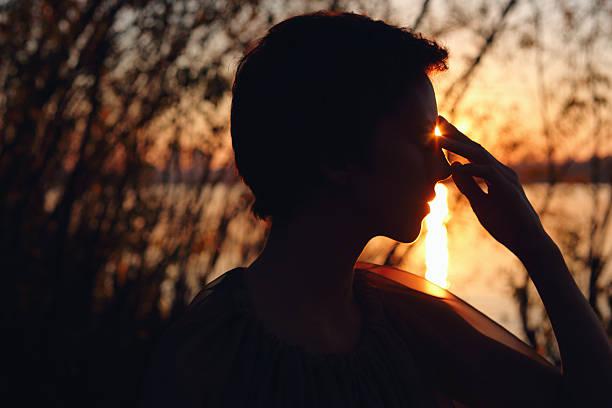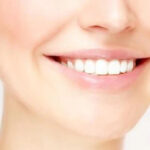Now Reading: The Science Behind Aromatherapy: Benefits and Uses in Alternative Medicine
-
01
The Science Behind Aromatherapy: Benefits and Uses in Alternative Medicine
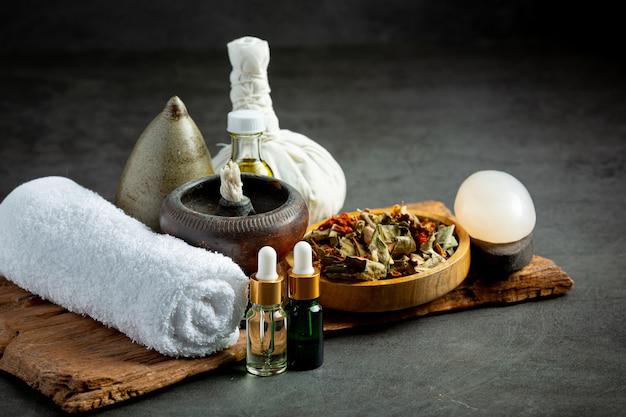
The Science Behind Aromatherapy: Benefits and Uses in Alternative Medicine
Aromatherapy is a method of massage by which aromas from plants are used to improve the well-being of individuals. It entails the use of essential oils, which is the concentrated oil that gives plants their aroma, to enhance well-being. People have been practicing this for thousands of years and it is done in the different parts of the world.
History of Aromatherapy
Antique medical compresses go back to the utility of aromatic substances. Based on the history, Sumerians and Babylonians employed plant in the curing the sick around 5000 BC. It was in 3000 B.C. that Egyptians incorporated perfumed oils, scented barks, and resins in their workplaces Perfume therapy is actually the term used by Rene Maurice Gattefosse in his book, Gattefosse’s Aromatherapy, published in 1937.
How Aromatherapy Works
The Power of Smell
Taste is rather sharp and it is connected with the limbic area of the brain. This evaluates and moderates persons’ feeling, memory and conduct within the community they find themselves in. When we smell something we get special receptacles in the nasal cavity which put signal directly to the amygdala and hippocampus of the brain which are related respectively to our emotions and memories.
Scents and Emotions
It indicates that through smell, human beings can be made to experience such feelings as happiness, anger and even sadness. For example:
Lavender: This is the category of springs that is mostly used for leisure or recreational purposes. It can assist in the release of neurochemicals such as serotonin that has a calming effect in the body thus reduces anxiety.
Citrus: Such aromas as lemon or orange have positive effect on mood and increase energy levels in the body.
Rose: Once incorporated to encourage love and happiness.
Chamomile: Anyone needing help in relaxing and de-stressing will benefit from this form of therapy.
Benefits of Aromatherapy
Emotional Benefits
Aromatherapy can help with various emotional states:
Stress and Anxiety: Some of the oils that have a positive effect on the stress and anxiety include lavender and chamomile.
Mood Enhancement: The use of citrus oils may enhance the mood and energy of a person.
Sleep: One of the ways essential oil can improve sleep is through use of lavender oil.
Physical Benefits
Aromatherapy can also help with physical health:
Pain Relief: Certain essential oils can help with pain management.
Skin Issues: Oils like tea tree oil can help with acne and other skin problems.
Respiratory Issues: Eucalyptus oil can help with congestion and respiratory problems.
Therapeutic Uses
Aromatherapy is used in various ways to improve health:
Diffusers: Essential oils are dispersed into the air to be inhaled.
Topical Application: Oils are diluted and applied to the skin through lotions, creams, or massage oils.
Baths: Essential oils can be added to bath water for relaxation.
Influence on Consumer Behavior
Aromachology, the study of how scents affect behavior, is also used in marketing and retail:
Welcoming Atmosphere: Businesses use specific scents to create a welcoming environment. For example, the smell of freshly baked goods in a bakery or the aroma of coffee in a café.
Product Design: Certain scents are used in beauty products and home fragrances to evoke specific emotions and enhance the customer experience.
Future Research and Developments
As research in aromachology continues, there are potential applications in:
Mental Health: Using specific aromas to alleviate symptoms of mood disorders like depression and anxiety.
Workplace Environments: Creating environments that enhance productivity and well-being.
Virtual Reality: Incorporating scents into virtual reality experiences to enhance immersion.
Final Words
Aromatherapy offers a natural and holistic way to improve emotional, physical, and mental well-being. By understanding how scents affect our emotions and behaviors, we can harness the power of aromas to create a healthier and happier life. While more research is needed to fully understand the benefits of aromatherapy, the existing evidence suggests that it can be a valuable tool in alternative medicine.



